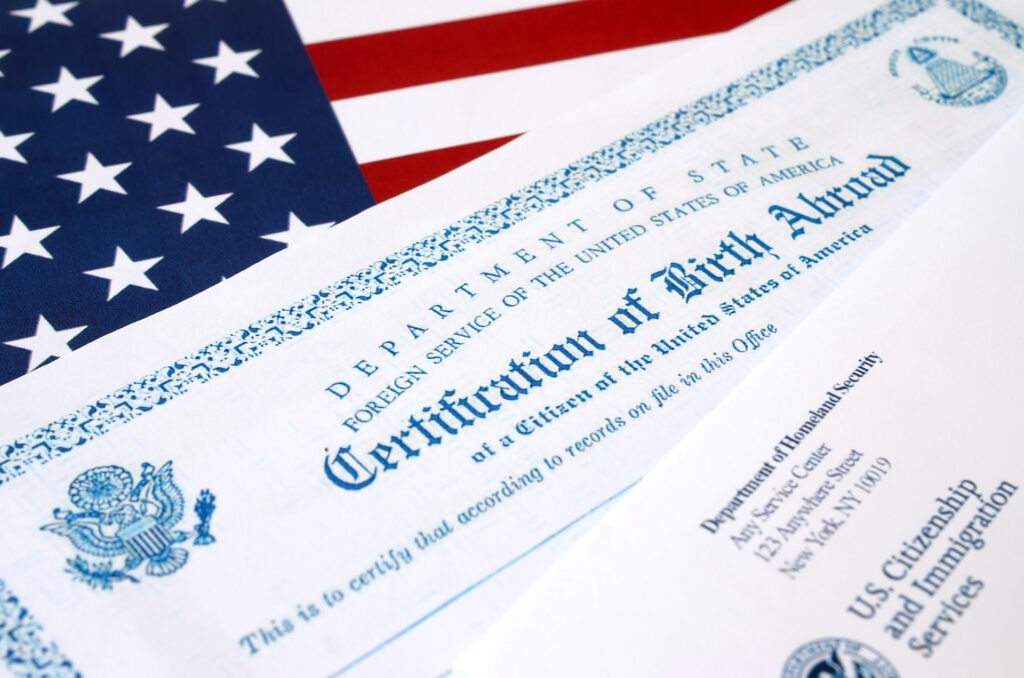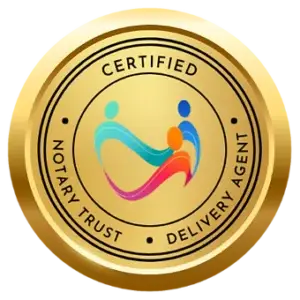
What is an Apostille?
In an increasingly interconnected world, the need to verify the authenticity of official documents for use across international borders has become more prevalent. Whether you are pursuing education abroad, conducting business, or navigating legal processes in a foreign country, ensuring that your documents are recognized and accepted internationally is crucial. This is where the concept of an apostille comes into play. But what exactly is an apostille, and why is it so important?
Definition of an Apostille
An apostille is a certification issued by a competent authority that verifies the authenticity of a public document for use in another country. In essence, it serves as a global notarization system that simplifies the process of recognizing official documents internationally. The term “apostille” is derived from the French word meaning “certification” or “notation.”
An apostille certifies:
-
The authenticity of the signature on the document.
-
The capacity in which the person signing the document acted.
-
The identity of any stamp or seal affixed to the document.
This certification is often applied to documents such as birth certificates, marriage certificates, educational diplomas, business agreements, and powers of attorney. An apostille ensures that these documents are accepted without requiring further authentication, making international transactions and processes more seamless.
Purpose of an Apostille
The primary purpose of an apostille is to streamline and standardize the process of document authentication for use across national boundaries. Before the introduction of the apostille system, verifying the validity of a foreign document often involved complex, multi-step procedures that required legalization by various diplomatic and consular offices. This was time-consuming, costly, and prone to errors.
The apostille eliminates these hurdles by providing a single, universally accepted form of authentication. It is especially beneficial in situations such as:
-
Education and Employment Abroad: Students seeking to enroll in foreign universities or professionals applying for jobs abroad often need to submit authenticated educational certificates. An apostille ensures that these credentials are recognized and trusted by foreign institutions and employers.
-
Business and Trade: Companies expanding their operations internationally or engaging in cross-border transactions frequently require authenticated business agreements, powers of attorney, and incorporation documents. Apostilles facilitate smoother business dealings by establishing the legitimacy of these documents.
-
Legal and Personal Matters: Individuals managing international legal issues, such as marriage, adoption, or inheritance, often need to present official documents in foreign jurisdictions. An apostille confirms the authenticity of these documents, eliminating unnecessary legal hurdles.
By simplifying the verification process, the apostille system promotes efficiency and trust in international relations.
Governing Authority: The Hague Apostille Convention
The issuance and acceptance of apostilles are governed by the Hague Apostille Convention, formally known as the Hague Convention of 5 October 1961 Abolishing the Requirement of Legalisation for Foreign Public Documents. This treaty was established to replace the cumbersome legalization process with a straightforward, standardized system.


Want to Learn More? Contact Pryor Mobile Notary Today !
Key Features of the Hague Apostille Convention
-
Simplification of Procedures: The Convention eliminates the need for document legalization through diplomatic or consular channels. Instead, a single certification—the apostille—is sufficient to validate a document for international use.
-
Scope of Application: The Convention applies only to public documents, which include:
-
Documents issued by government authorities, such as birth or death certificates.
-
Administrative documents, such as patents and trademarks.
-
Notarial acts, such as affidavits and certifications.
-
Official certificates placed on private documents, such as certifications of registration.
-
-
Universal Recognition: Documents bearing an apostille are recognized in all member countries of the Convention without the need for additional certification. This simplifies international interactions significantly.
-
Competent Authorities: Each member country designates one or more competent authorities responsible for issuing apostilles. These authorities may include government departments, courts, or notary offices.
How the Hague Apostille Convention Works
When a public document requires authentication for international use, the following steps are typically involved:
-
Determine the Issuing Country: Verify that both the issuing and receiving countries are members of the Hague Apostille Convention.
-
Identify the Competent Authority: Locate the designated competent authority in the issuing country. This entity is responsible for issuing the apostille.
-
Submit the Document: Provide the original document or a certified copy to the competent authority, along with any required application forms and fees.
-
Receive the Apostille: The competent authority attaches the apostille to the document, certifying its authenticity.
The apostille is typically a standard-format certificate, often attached as a separate page to the document. It contains essential information, including the issuing authority, date of issuance, and a unique identification number.
Member Countries and Limitations
As of today, over 120 countries are parties to the Hague Apostille Convention, including most European nations, the United States, Australia, and many others. However, not all countries are members. For non-member countries, documents may still require traditional legalization procedures, involving attestation by consulates or embassies.
Additionally, the apostille system does not verify the content of the document itself; it only authenticates the signatures, seals, and capacities of the issuing authority. Therefore, it is essential to ensure that the document complies with the legal and procedural requirements of the destination country.
Practical Benefits of an Apostille
The apostille system offers several advantages:
-
Cost-Effectiveness: By eliminating the need for multiple levels of certification, the apostille reduces costs associated with document authentication.
-
Time Savings: The streamlined process significantly shortens the time required to authenticate documents, making it particularly valuable for urgent matters.
-
Reliability and Standardization: The standardized format and universally recognized procedures ensure the authenticity and acceptance of documents across borders.
-
Enhanced International Cooperation: By simplifying documentation requirements, the apostille fosters closer ties and smoother interactions among countries.
An apostille is a vital tool in today’s globalized world, ensuring that public documents are recognized and accepted internationally with minimal effort. Governed by the Hague Apostille Convention, this system has revolutionized the way documents are authenticated for cross-border use, providing efficiency, reliability, and cost savings. Whether you are pursuing opportunities abroad, expanding your business, or addressing personal legal matters, understanding the role and process of obtaining an apostille is essential.
As international collaboration continues to grow, the apostille system stands as a testament to the power of streamlined, standardized solutions in fostering global connectivity. Have more questions? Let the professionals at Pryor Mobile Notary help guide you through the apostille process today.
